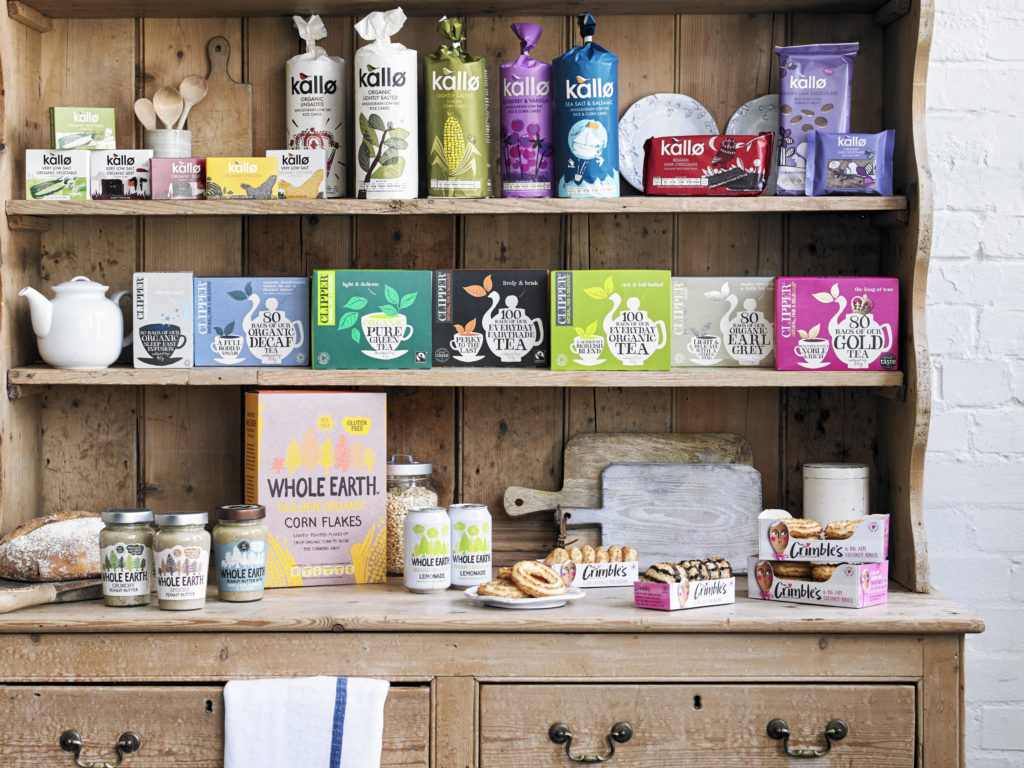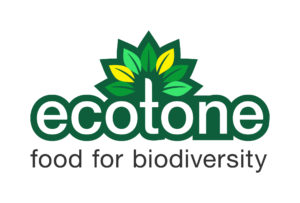Despite fears of a global recession, there has been significant growth in the number of people making food and drink purchasing decisions based on sustainability, an increase of 25% in the last two years, according to a new report.
While price and quality are still the biggest considerations when grocery shopping, this has declined in the last two years, by 17% for high quality and 10% for low prices.
Consumers are beginning to see the value in paying more for products that are better for the planet with two-thirds (66%) saying they would be willing to pay more for sustainable goods in at least one category of groceries. The key drivers for sustainable shopping are ‘concern for the environment’ (52%) and ‘It’s the right thing to do’ (46%).
The new report, commissioned by organic and vegetarian food company Ecotone UK – owner of Clipper Teas, Whole Earth and Kallo – also reveals that 40% now consider themselves as sustainable shoppers. This number is predominantly made up of those aged 18-44.

Covid as big of an influence as David Attenborough
This shift in shopping priorities is being driven in part by the impact of the global pandemic. More than a third of consumers say that Covid-19 and lockdown giving them more time to think, is a reason for prompting them to buy more ethical and sustainable groceries. This is the same proportion (39%) who have been prompted by documentaries such as David Attenborough’s A Life On Our Planet or Perfect Planet.
Small actions to make a big difference
Consumers are becoming more aware of the growing environmental crisis and the role of human beings. 80% of UK grocery shoppers are either extremely concerned, very concerned or concerned about the negative impact humankind is having on the environment.
In order to make a difference, the top three small actions consumers are personally taking to protect nature include, recycling more (78%), using less single-use plastic (61%) and eating less meat and dairy (32%).
Bryan Martins, marketing & category director at Ecotone UK says:
“Shopping priorities are shifting. Ethics and sustainability are quickly becoming key factors in making grocery decisions. Therefore, it is so important that suppliers and retailers listen and step up. A third of UK consumers expect supermarkets and other retailers to advise them to make more ethical and sustainable shopping choices. This presents a huge opportunity for retailers to take the lead and point shoppers towards the more sustainable brands in store.
“The growing interest in sustainability can open up the grocery sector to greenwashing. Supply chains must be made transparent, allowing shoppers to make informed choices about what they put in their baskets. We should promote and champion more sustainable means of cultivation and benefits of certain crops, like organic, that are better for the planet and can help to support biodiversity.”
The organic food and drink market is growing YOY with sales of organic produce in the UK rising by 12.6%* to £2.79bn in 2020 according to the Soil Association – the category’s highest growth level in 15 years.*
Ecotone’s full white paper report into consumer understanding of biodiversity and the impact of grocery shopping, will be available from September.
Source: Ecotone


You must be logged in to post a comment Login